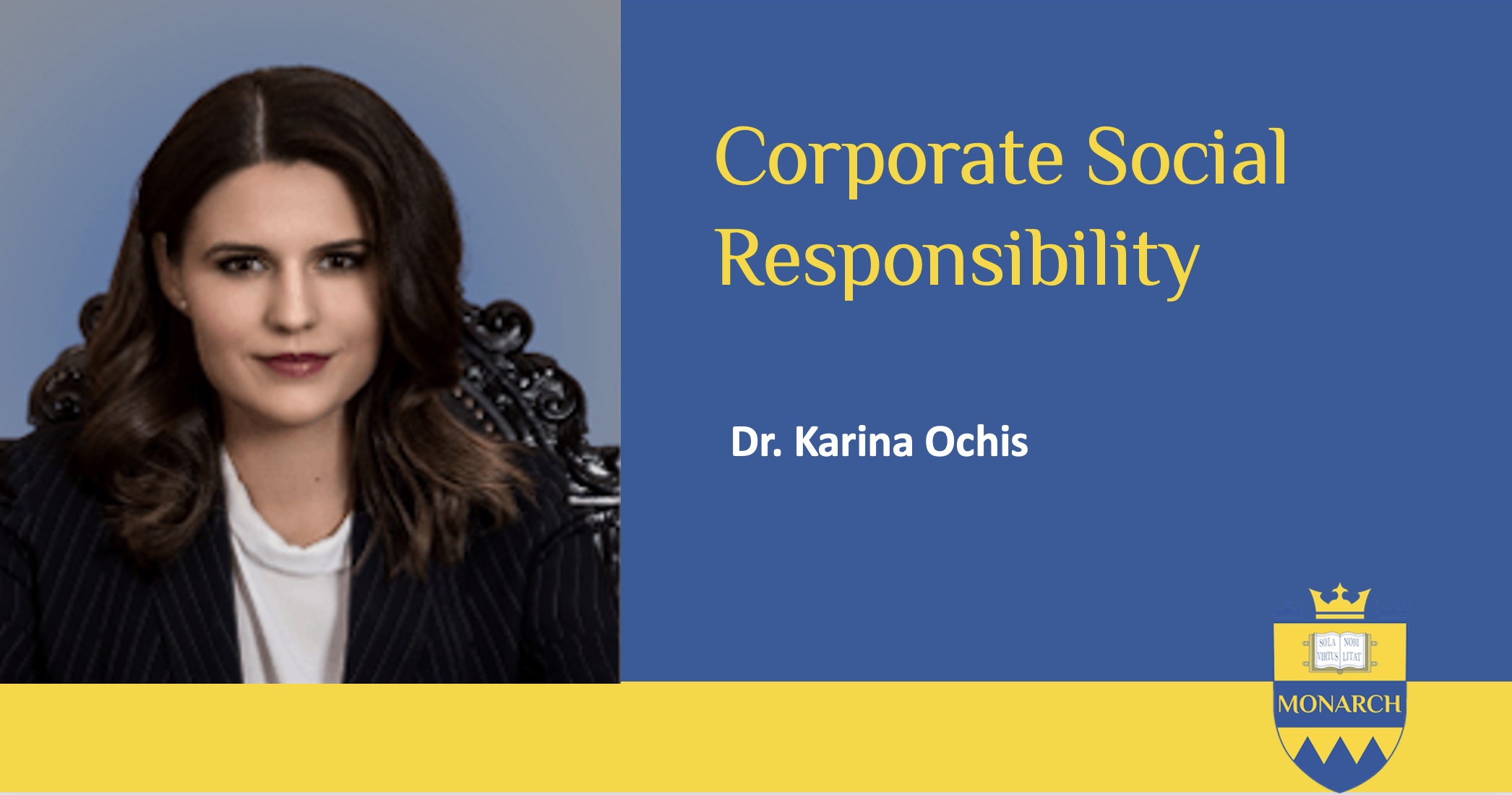Corporate Social Responsibility Into The Future
A Review Of The Literature
Abstract
The discourse on CSR theory has gained a prominent position in general management literature because of societal issues including general unrest, high levels of insecurity, poverty and the backlash against globalization and big business. From a progressive stance, the field of CSR is a vibrant one that shows promising progression and variation. On the one hand, the developmental propensity of CSR is evident through the sanctioning of the CSR concept by transnational organizations and the comprehensive implementation of CSR practices in corporations. On the other hand, the literature developed extensively from its CST origins to the operationalization phase to modern micro-foundations.
The discussion undertakes an integrative perspective on corporate social responsibility (CSR) and a progressive perspective on the literature. It is argued that while the cyclical nature of CSR is evident through a return to a focus on micro- foundations found in Bowen’s (1953) person-centric theory, the literature develops subsequently at new levels of analysis. It is further argued that the literature progressed through four stages from rationalization to operationalization as expressed by Henderson (2010) at the societal, institutional and individual levels of analysis.
Essential CSR concepts are discussed: the importance of CSR, terminology and literature development, catholic social teaching (CST), origins and context of modern corporate responsibility, foundational scholars, the contrarian argument, corporate social performance (CSP), stakeholder theory, corporate social responsiveness, rectitude and reason, corporate sustainability (CS), corporate citizenship (CC) and micro-CSR.






